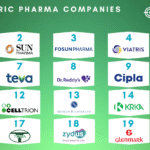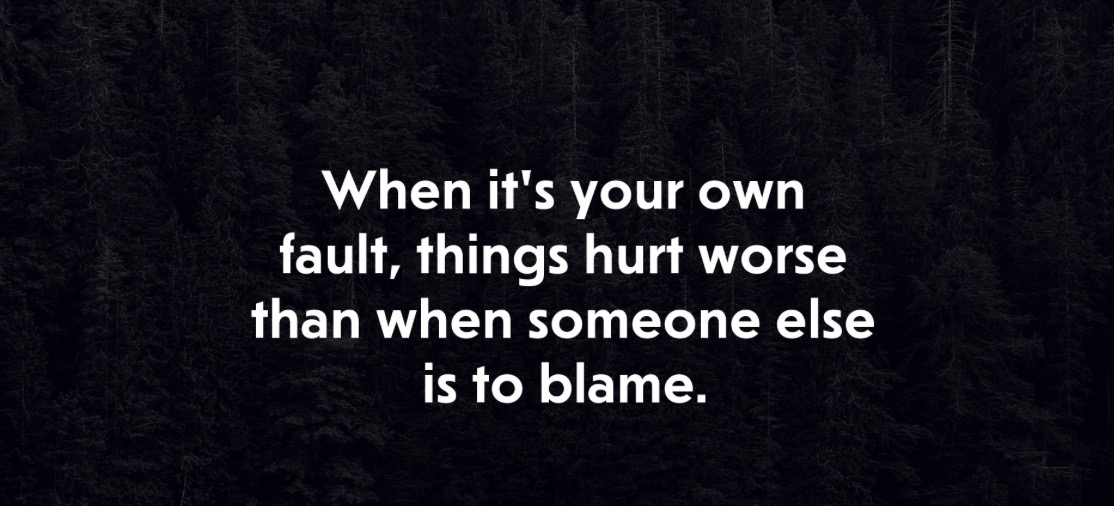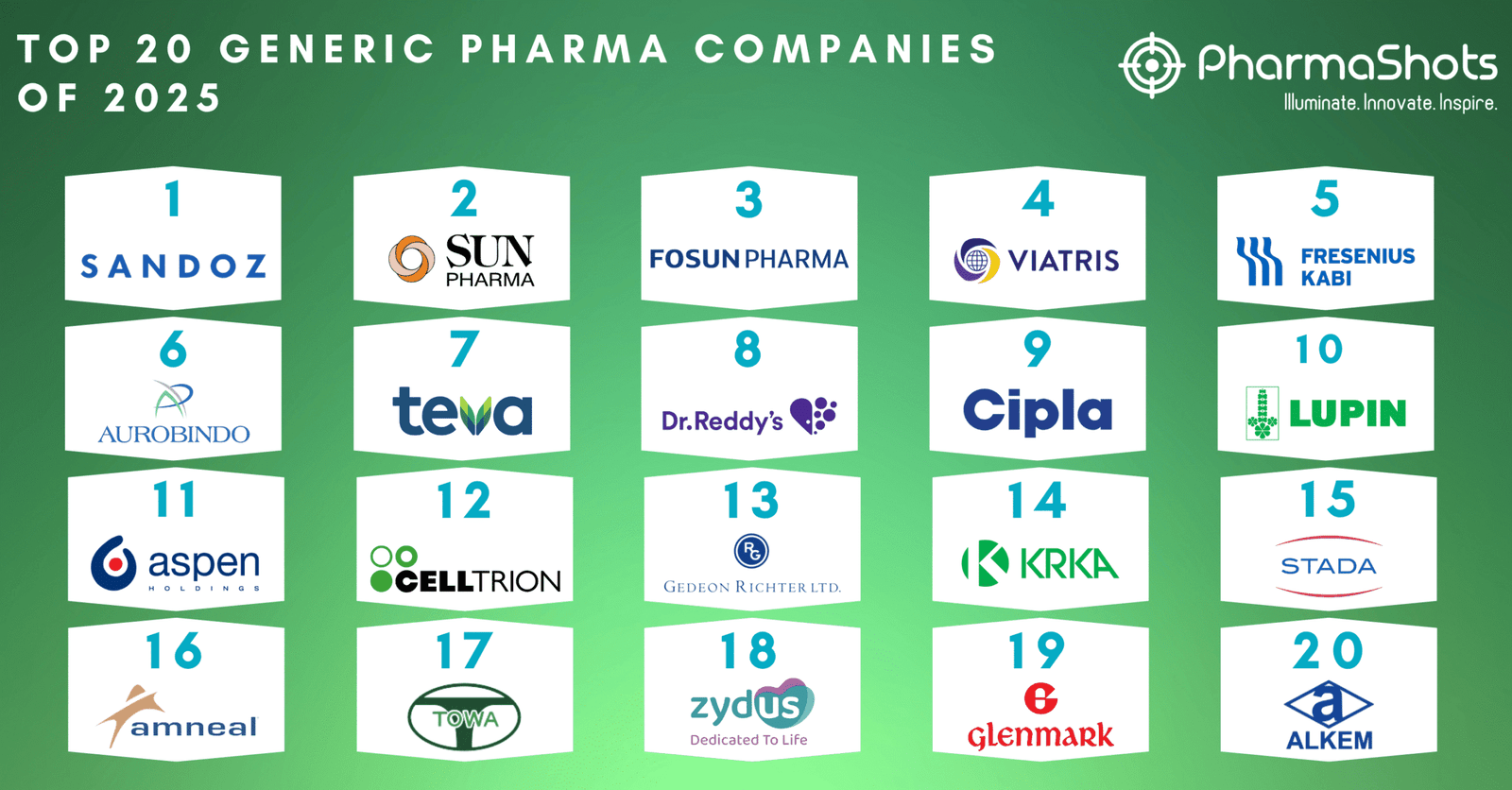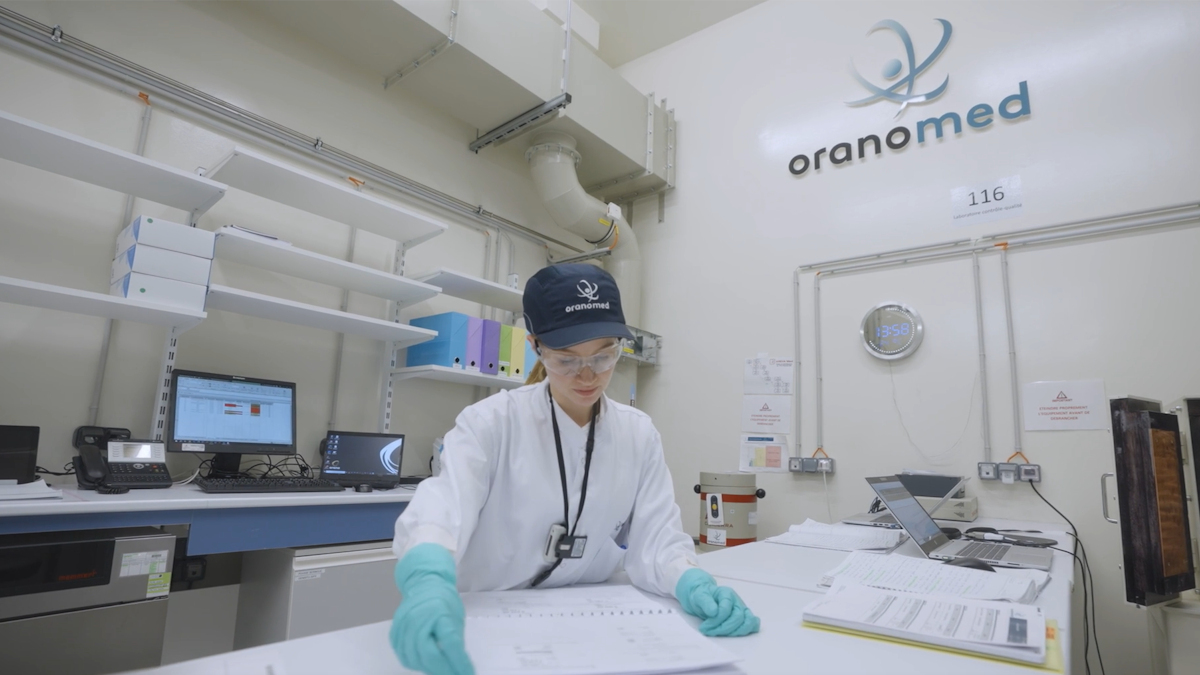Robert F. Kennedy Jr. has been attacking pharma’s direct-to-consumer (DTC) ads, and whether you agree with his politics or not, one thing is clear: the public is already skeptical. The bigger question isn’t why politicians are targeting pharma advertising—it’s whether pharma created this storm by itself.
Too Many Ads, Too Little Trust
The U.S. is one of only two countries in the world that allows DTC drug advertising, and pharma has taken full advantage. The endless cycle of commercials—cholesterol pills, weight-loss injections, arthritis drugs—has left viewers rolling their eyes. Instead of educating patients, the ad deluge has made pharma look like just another consumer brand pushing products, not cures.
High Prices + Heavy Advertising = Public Resentment
Americans pay the highest drug prices in the world. When patients struggling to afford insulin see the same companies spending billions on slick TV ads, it doesn’t inspire confidence—it deepens resentment. For many, pharma’s marketing has become a painful reminder of the cost barriers keeping them from the medicines they need.
Regulators Are Watching
And here’s the part pharma can’t ignore: the scrutiny is only going to increase. Already, politicians are using pharma’s overreliance on TV ads as political ammunition. If public anger keeps growing, regulators will step in with new requirements—stricter disclosures, tougher fair balance rules, or even limits on broadcast advertising. Pharma will find itself in more meetings with the FDA, forced to defend a channel that may no longer deliver the ROI it once did.
Time to Change the Playbook
Pharma’s credibility problem won’t be fixed with more TV spots. The industry needs to shift toward transparency, patient education, and digital strategies that meet people where they are—without overwhelming them. If it doesn’t, the next wave of regulation could take away its most visible advertising platform.
Pharma may think critics like Kennedy Jr. are the threat. In reality, the bigger danger is that the industry has spent years turning the public against it—and regulators are starting to listen.









